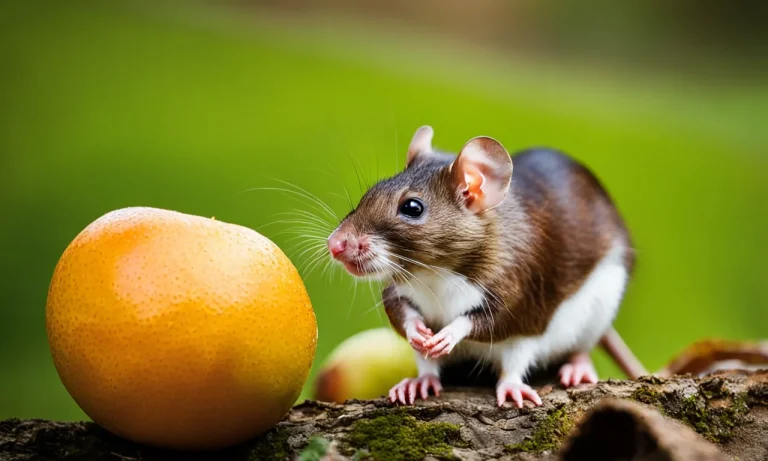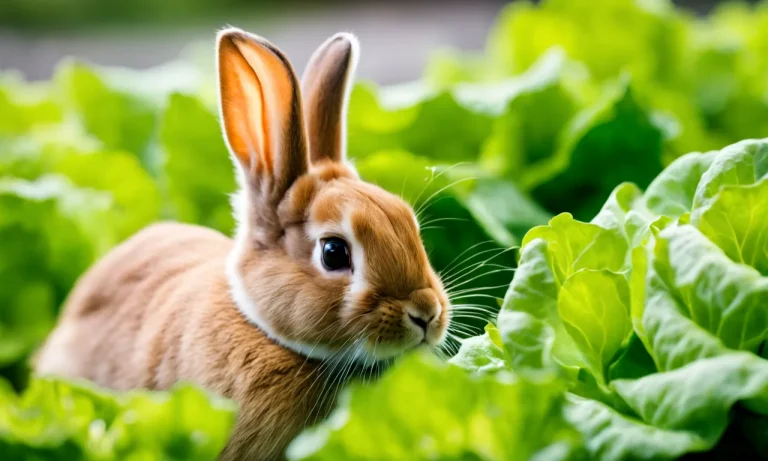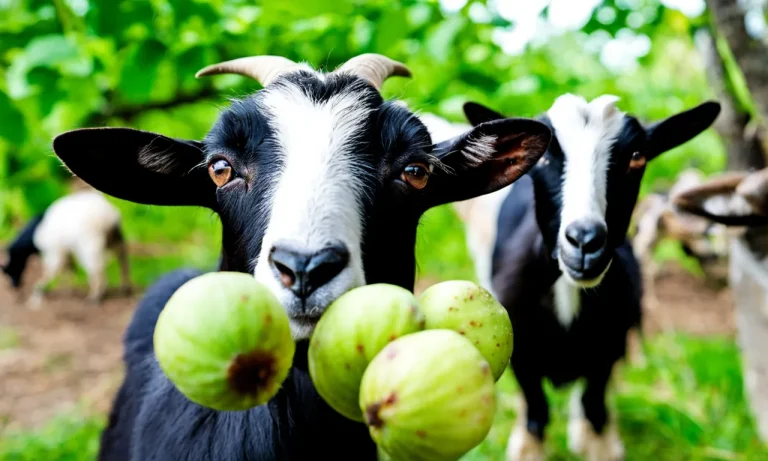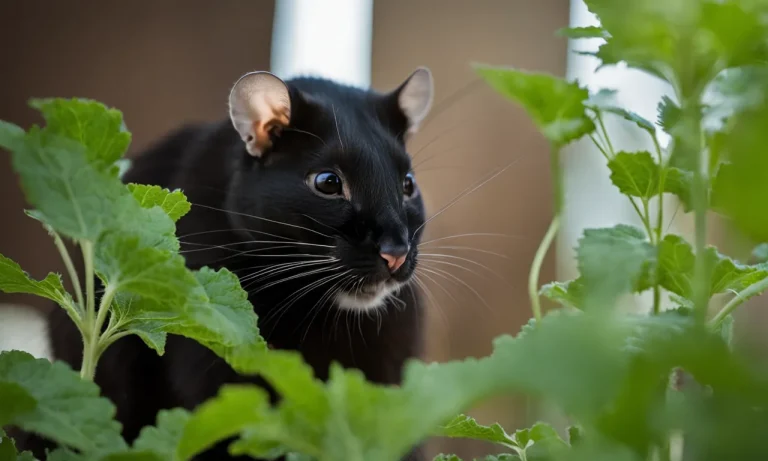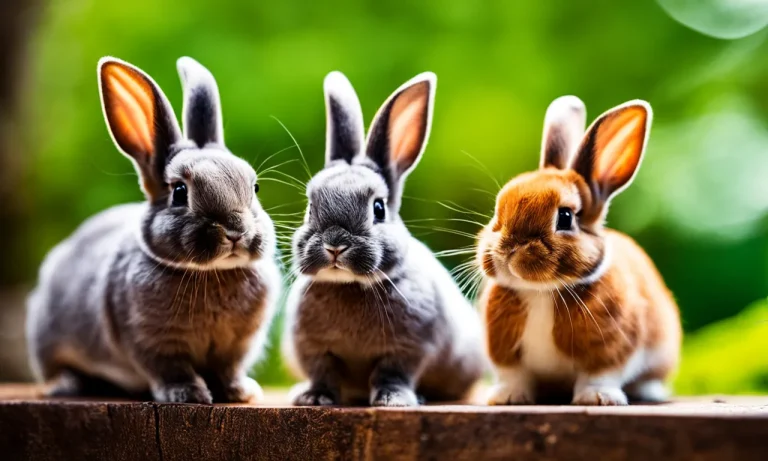Raising backyard chickens can be a rewarding experience, but protecting them from predators like hawks is a big concern for many chicken owners. If you’ve wondered whether adding goats can help keep chickens safe, you’re not alone.
In this comprehensive article, we’ll explore whether goats can actually protect chickens from hawks.
If you’re short on time, here’s the quick answer: Goats can provide some protection for chickens against hawks through their presence as another prey animal and their herding behaviors, but they cannot fully guarantee a hawk-free chicken coop.
Extra precautions like secure housing and supervision are still needed.
Do Hawks Attack Chickens?
Yes, hawks are known to attack and prey on chickens. Hawks are powerful birds of prey that have sharp talons and beaks, which they use to catch and kill their prey. Chickens, being small and relatively defenseless, can be easy targets for hawks.
How Hawks Hunt Chickens
Hawks are skilled hunters that use different hunting techniques to catch their prey. When targeting chickens, hawks will often swoop down from the sky with great speed and precision, using their talons to grab the chickens.
They can also attack from a perch or while in flight, depending on the situation and location.
When Hawks Are Most Likely to Strike
Hawks are most active during the day, particularly during the early morning and late afternoon. These are the times when chickens are usually out and about, foraging for food or roaming freely in the yard.
Hawks are opportunistic hunters and will take advantage of any moment when the chickens are vulnerable and unaware of their presence.
What Hawks Typically Target
Hawks are known to target a variety of small animals, and chickens are among their preferred prey. However, hawks also prey on other small birds, rodents, and even rabbits. They have keen eyesight and will spot any movement or potential prey from high above in the sky.
Chickens, with their relatively large size and limited mobility, can be attractive targets for hawks.
For more information on hawks and their hunting habits, you can visit All About Birds, a website dedicated to bird identification and information.
Can Goats Deter Hawks?
When it comes to protecting chickens from hawks, goats may not be the first solution that comes to mind. However, goats have been known to deter hawks in certain situations. Let’s explore the reasons why goats could potentially be effective in keeping hawks away from chickens.
Goats as Another Potential Prey Animal
One of the reasons why goats might be able to deter hawks is that they are another potential prey animal in the eyes of these birds of prey. Hawks typically target small mammals, birds, and reptiles. By introducing goats into the area where chickens are kept, hawks may perceive the presence of goats as an increased risk to their own safety.
This could potentially make hawks think twice before attempting to attack chickens.
Goats’ Herding Instincts
Another reason why goats could be useful in protecting chickens from hawks is their herding instincts. Goats are known to be social animals that prefer to live in groups. They have a strong instinct to protect their herd members from potential threats.
If a hawk were to approach a group of chickens, the goats might actively try to chase it away, using their size and presence to intimidate the bird.
Limitations of Relying Solely on Goats
While goats can potentially deter hawks, it’s important to note that they should not be seen as the sole solution for protecting chickens. Hawks are skilled hunters and may still attempt to attack chickens even in the presence of goats.
Therefore, it’s crucial to implement other protective measures, such as providing secure enclosures for the chickens, using netting or wire fencing, or utilizing scare tactics like reflective materials or noise-making devices.
Combining these strategies with the presence of goats can increase the chances of deterring hawks effectively.
Extra Ways to Protect Chickens from Hawks
Secure Housing and Runs
One of the most effective ways to protect chickens from hawks is to ensure that their housing and runs are secure. Hawks are opportunistic predators and will look for any weaknesses in the chicken’s enclosure to gain access.
Make sure that the coop has a sturdy roof and that all openings, such as windows and doors, are securely covered with wire mesh or hardware cloth. Additionally, reinforce the fencing around the run with strong, predator-proof materials such as welded wire or electric fencing.
Supervision
While goats can help deter hawks from attacking chickens, they are not a foolproof solution. It is still important to supervise your chickens and keep a watchful eye for any signs of danger. Hawks are known for their stealth and speed, so being attentive can make a significant difference in protecting your flock.
Consider setting up a system of rotating shifts with other family members or neighbors to ensure someone is always keeping an eye on the chickens during the day.
Removing Attractants
To further protect your chickens, it is essential to remove any attractants that may draw hawks to your property. Hawks are primarily looking for easy prey, so by eliminating food sources or hiding spots, you can reduce the likelihood of an attack.
Securely store chicken feed in airtight containers to prevent it from attracting hawks. Additionally, keep the surrounding area clean and free of debris that could provide cover for potential predators.
It is important to remember that while these extra measures can help reduce the risk of hawk attacks, they are not foolproof. Hawks are skilled hunters and will adapt to different situations. If you live in an area with a high hawk population, it may be worth considering additional deterrents such as scarecrows, reflective tape, or even hiring a professional bird control service.
Stay vigilant and take the necessary precautions to keep your chickens safe from hawks.
Considerations for Adding Goats
Space and Fencing Needs
Before adding goats to your property, it’s important to consider their space and fencing needs. Goats require a secure and sturdy fence to prevent them from wandering off and to keep predators out. A fence with a height of at least 4 feet is recommended to contain most goat breeds.
Additionally, it’s important to provide enough space for the goats to roam and graze. The amount of space required will depend on the number of goats you plan to have. A general guideline is to provide at least 200 square feet per goat.
Feeding
Goats have specific dietary needs, and it’s important to ensure they are properly fed. While goats are known for their ability to browse on weeds and brush, they still require a balanced diet. A combination of good quality hay, pasture, and a goat-specific feed is recommended.
It’s important to provide fresh water at all times and to monitor their diet to prevent overeating, which can lead to health issues.
Health Management
Keeping goats healthy is crucial for their well-being and productivity. Regular vaccinations and deworming are necessary to prevent common goat diseases. It’s also important to provide shelter to protect the goats from extreme weather conditions.
Routine health checks by a veterinarian can help identify any issues early on and ensure proper care. Additionally, proper sanitation and cleanliness in the goat’s living area will help prevent the spread of diseases.
Conclusion
While the presence of goats near your chickens may deter some hungry hawks, it’s not foolproof protection. As prey animals themselves, goats are likely to avoid direct confrontation with hawks, and aren’t suited to full-time guard duty.
However, when combined with other predator deterrents and attentive care of your flock, goats can be a useful addition in your efforts to keep chickens safe from hawks.

